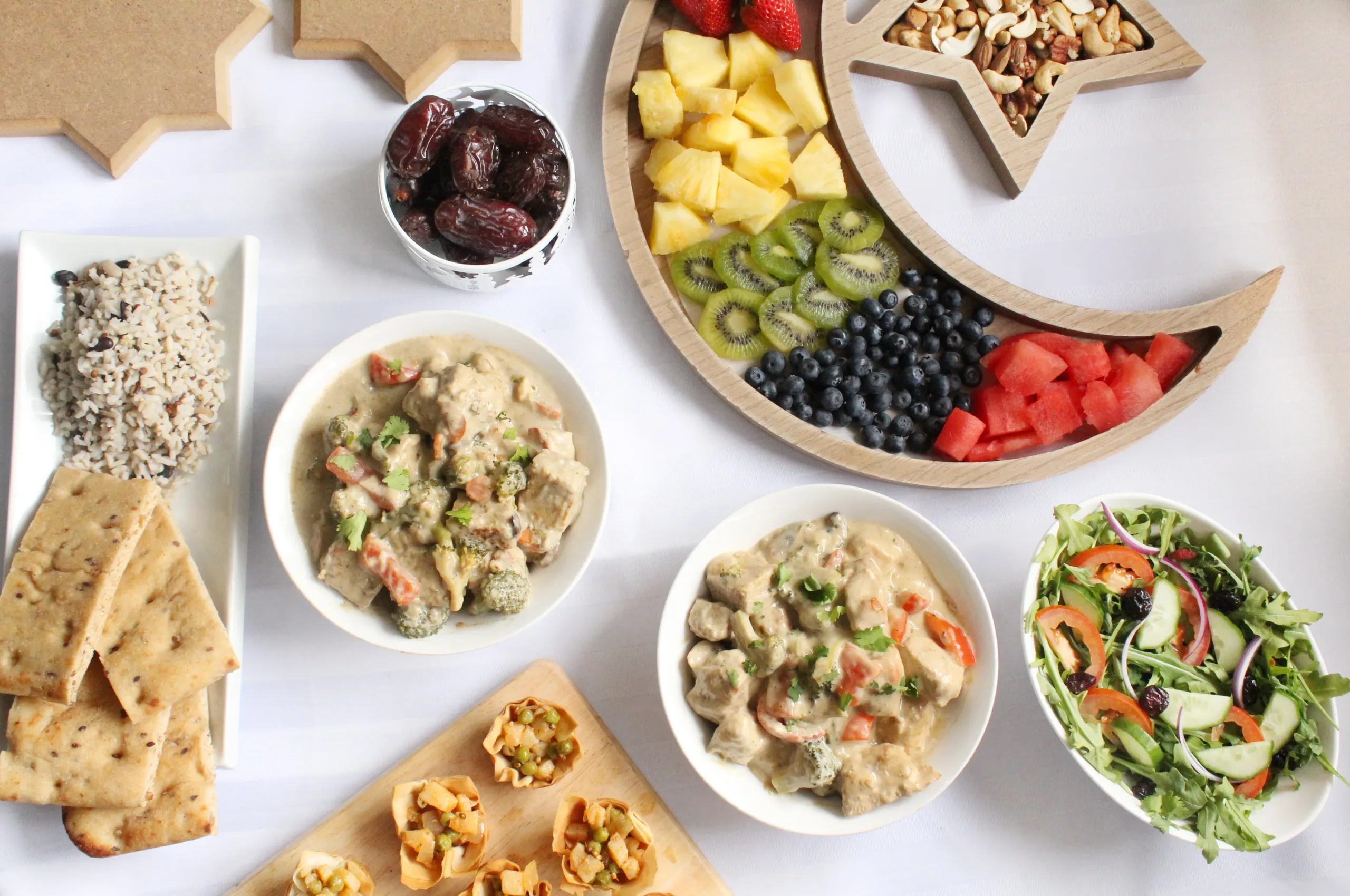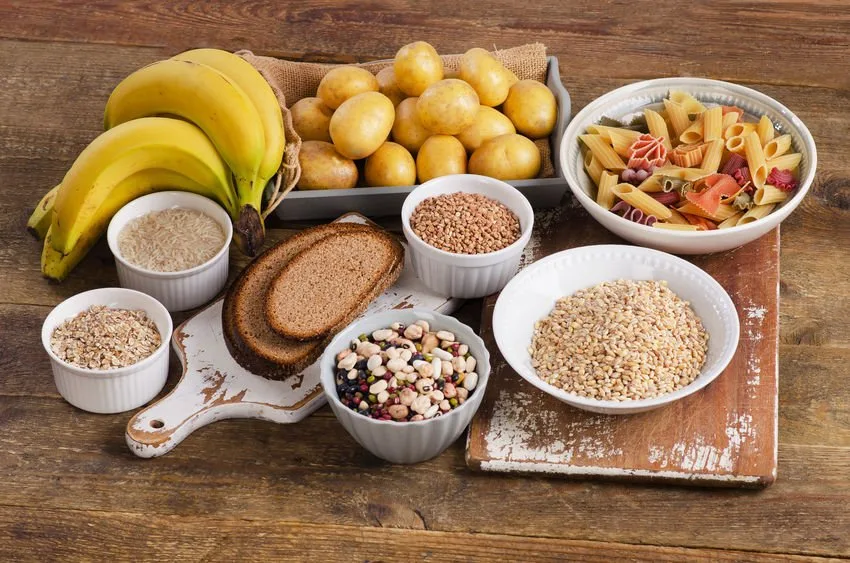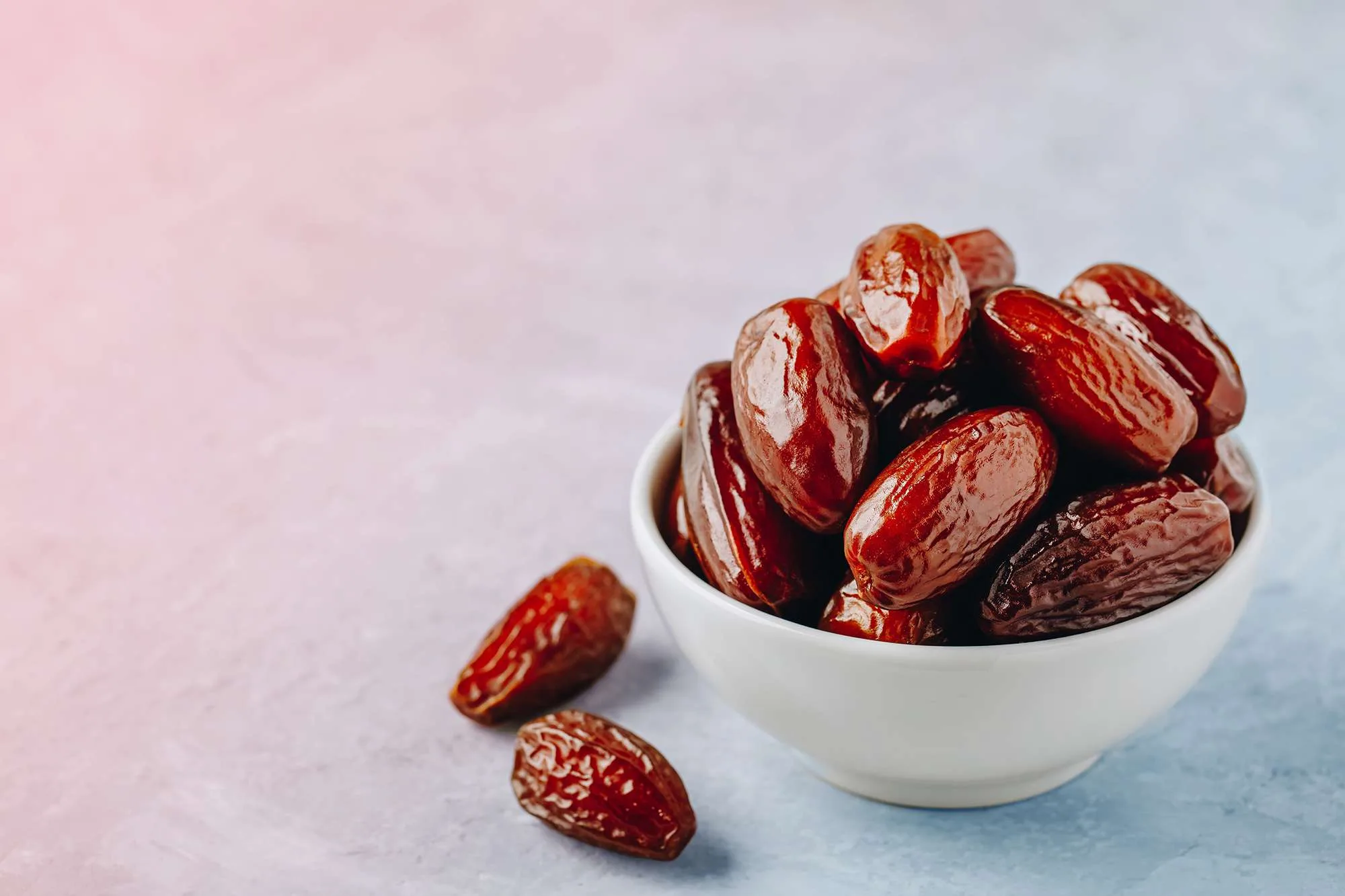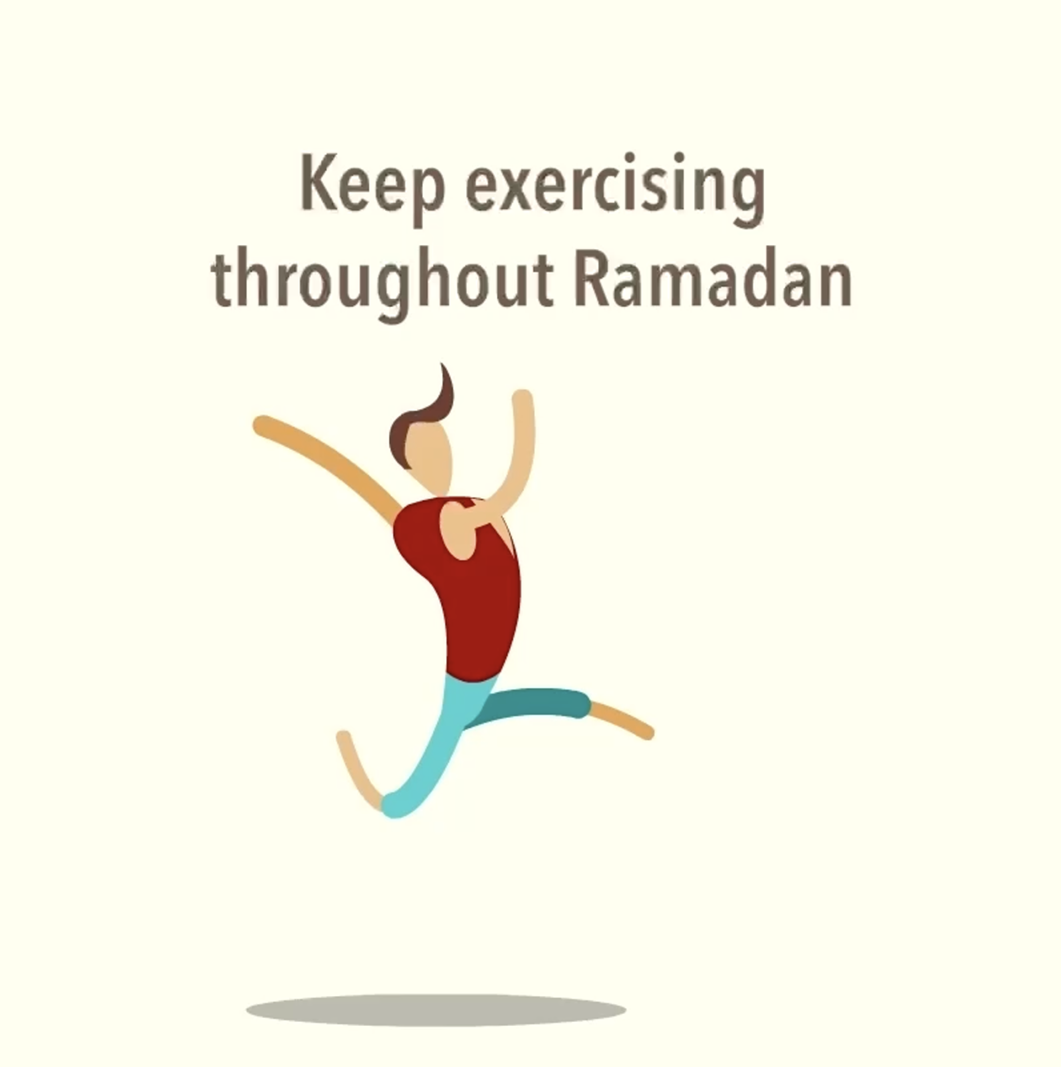Ramdan comes for the spiritual as well as physical cleansing of our body. While fasting, our body experiences healthy benefits like stress release, better mental health, a more energized body and much more. But that is only possible if you opt for a healthy diet plan during Ramadan.
However, it is common that people to go through several health issues, weakness and fatigue during Ramadan. it is because our regular sleep and meal schedule is disturbed. We often go for wrong food choices that include greasy and high-calorie snacks that restrict the cleansing of the body.
How To Maintain a Healthy Diet Plan During Ramadan?
While fasting, we are only reduced to two meals a day with long intervals. So, we think that eating a lot at once will help in maintaining energy levels but it leads to bloating, dizziness, weakness, indigestion, and other health concerns. Any carelessness or unhealthy routine can harm your body during Ramadan. So, here are a few tips to maintain a healthy diet plan during Ramadan.
Stay Hydrated
Muslims are not allowed to eat or drink anything while fasting. But the long hours of fasting can lead to dry mouth and throat, a dehydrated body that causes weakness. So, it is vital to maintain the body’s hydration level during iftar and suhoor.
It is not advisable to have a large intake of fluids at once. But, keep yourself hydrated with a small intake of water or other healthy fluids. Set your goal to drink at least 2 litres of water per day. But, make sure you are drinking that all at once because then the body won’t hold water and keep you restless throughout the day. Moreover, avoid caffeine during suhoor because it leads to urination that will dehydrate your body quicker than ever.
Avoid Greasy Foods
We Pakistanis are fond of food and if the food is not drenched in oils, it is not worth it. This is the prior reason why most of us spend half of our fast laying in bed. So, while fasting the whole day, stuffing your stomach with fried snacks like samosas, pakoras, rolls and others will not bring any nutrients to your body.
So, rather than eating fried items, try to eat healthy snacks that include vitamins, nutrients and minerals. Add more fruits and a balanced diet to your iftar table that stays light on your body and keeps you feeling fresh.
Avoid Processed Food
Nowadays, there are a lot of prepared-iftar snack options in the market. All you need to do is fry them on the spot or they are ready to eat. Such processed foods are high in calories and low in nutrients. That is why people complain about looking fat in their Eid outfits.
So, cut off processed foods this Ramadan and opt for a healthy diet plan during iftar and suhoor. Because the main aim is not to fill yourself with all the food available but to bring nutrients to your body that keep you active all day.
Add Complex Carbs to Your Meals
Complex carbs include items like whole grains, chickpeas, beans, and pulses. Eating them in Iftar and Suhoor can lead to a sustained source of energy that does not feel heavy on your body. You can add hummus, bean salads, or chickpeas salads to your healthy diet plan during Ramadan.
Go for Healthy Fat
Not all fat-induced foods are unhealthy. You can fill your body with healthy fats including nuts, seeds, vegetables and fruits. Because eating anything unhealthy and starving yourself all day increases the risk of chronic diseases. So, it is better to add peanuts, almonds, cheese, avocados, eggs fish, etc to your suhoor to keep yourself going all day.
Go for Dates
Eating dates is a sunnah so you can add dates to your diet plan as your holy grail. They are filled with nutrients and fibre that keep you feeling full all day without bloating your stomach. You can take them in iftar and suhoor as part of your meal while following the sunnah too.
Avoid Suhoor Skipping
Suhoor skipping habit is the worst that you can do to your body during Ramadan. If you try to avoid suhoor because of your weight gain concerns, you should move to a healthy diet plan during Ramadan rather than avoiding suhoor meals.
This practice can lead to reduced energy levels which cause a lack of energy, focus, and physical performance. But, when the day ends, your body craves food which makes you unhealthily overeat at iftar. So, never ever skip suhoor.
Avoid Overeating at Iftar
When it comes to iftar, you might not be able to keep your hands off the mouthwatering food you had been dreaming of all day. But, that may cause indigestion issues. So, it is better to sift your iftar by choosing healthy items rather than unhealthy ones. Also, try to eat slowly rather than shoving everything down your throat. While eating slowly, your body will have enough time to signal your brain when you feel full.
You can eat food after iftar in intervals but having everything all at once will have negative impacts on your body.
Sugary Drinks
We tend to drink juices and soda during iftar to compensate for the low water levels in our bodies. But a better way to do so is by drinking plain water. Because sugary drinks on an empty stomach can boost sugar levels in your blood. So, try to drink plain water or dairy drinks to avoid trouble.
Exercise
Exercising can be an important part of a healthy diet plan during Ramadan. Because we all want to look out best at iftar feasts or eid. But, imagine ending up there with a puffed-out belly and skin breakouts. To avoid that, you must try to have some physical activity after iftar to maintain your energy levels during Ramadan.
Conclusion
The best way to keep a healthy diet during Ramadan is to maintain moderation. Neither it is advisable to eat a lot nor starve your body. You should eat and drink whatever is best for you. So, try to choose healthy saturated fats that keep you going all day rather than sticking you to your bed.









